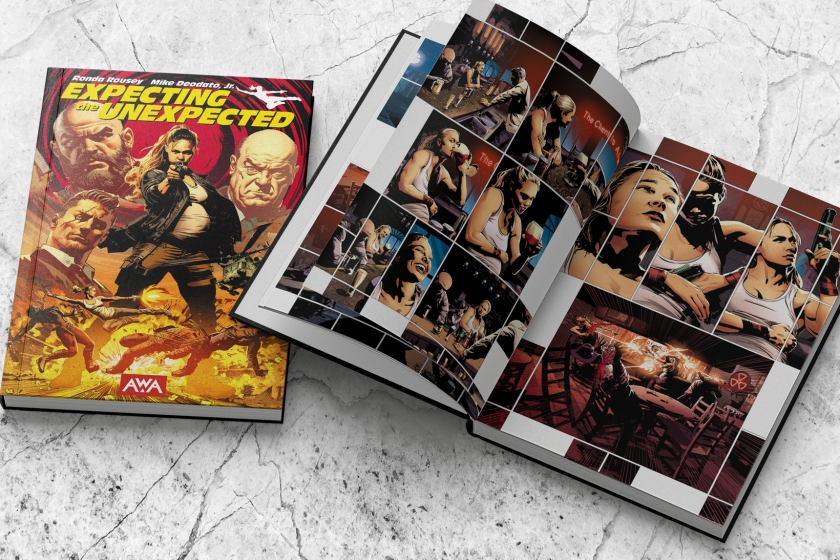A Guide, Gossip, a Glimpse of Glory : MIXED MEDIA: A SPECIAL BOOKS EDITION : <i> Rated on a scale of one star (poor) to five (a classic).</i> : “CHRISTGAU’S RECORD GUIDE: THE ‘80S” By Robert Christgau <i> Pantheon Books ($1</i> 7<i> .95)</i>
Christgau is the pop critic whose review I’d turn to first if I were a recording artist--even though he (a) can be slow to catch on to great bands, (b) is a sucker for anything with Third World ties and (c) can be an impenetrable writer.
For example.
(1) Christgau, who grades a dozen or so albums each month in his provocative Village Voice column, gave U2’s debut album a C+ (which is closer to poor than fair on his scale) though the album clearly signaled the arrival of an interesting new rock force--one that went on to be arguably the most celebrated rock band of the ‘80s. From his grouchy dismissal: “Their youth, their serious air, and their guitar sound are setting a small world on fire, and I fear the worst.”
(2) Try to find any album ever released by the Heartbeat, Mango, Earthworks, Hannibal or Shanachie labels that he scored lower than B+.
(3) Impenetrable? Turn to almost any page and you’re likely to find something that makes you shake your head.
Try the review of X’s “See How We Are” album on page 448: “Even during the first four songs, when the sustained detail of the writing--with a boost from Dave Alvin’s tormented yet unembittered ‘4th of July’--makes it seem like they’ll fight for every inch, you miss Billy Zoom’s syncretic junk: fine though he is, Tony Gilkyson is too neoclassy for these convinced vulgarians. Then the material devolves into complaints, throwaways, wasted stanzas, and utter clinkers.”
So why care so much about what he says or be grateful for this collection of his ‘80s columns?
Quite simply, Christgau writes with the same reckless independence and ferocious eccentricity that fuels our most valuable pop artists. His style is what might result if Dylan or Young (Neil, not Paul) turned in their guitars for word processors.
More than individual artists, Christgau is interested in the state of rock and in the richness of its culture. That’s why he constantly challenges artists, fans and other critics to demand more of themselves and their favorites, and why he nurtures new and significant developments, however uncommercial or controversial.
More to Read
Sign up for our Book Club newsletter
Get the latest news, events and more from the Los Angeles Times Book Club, and help us get L.A. reading and talking.
You may occasionally receive promotional content from the Los Angeles Times.





